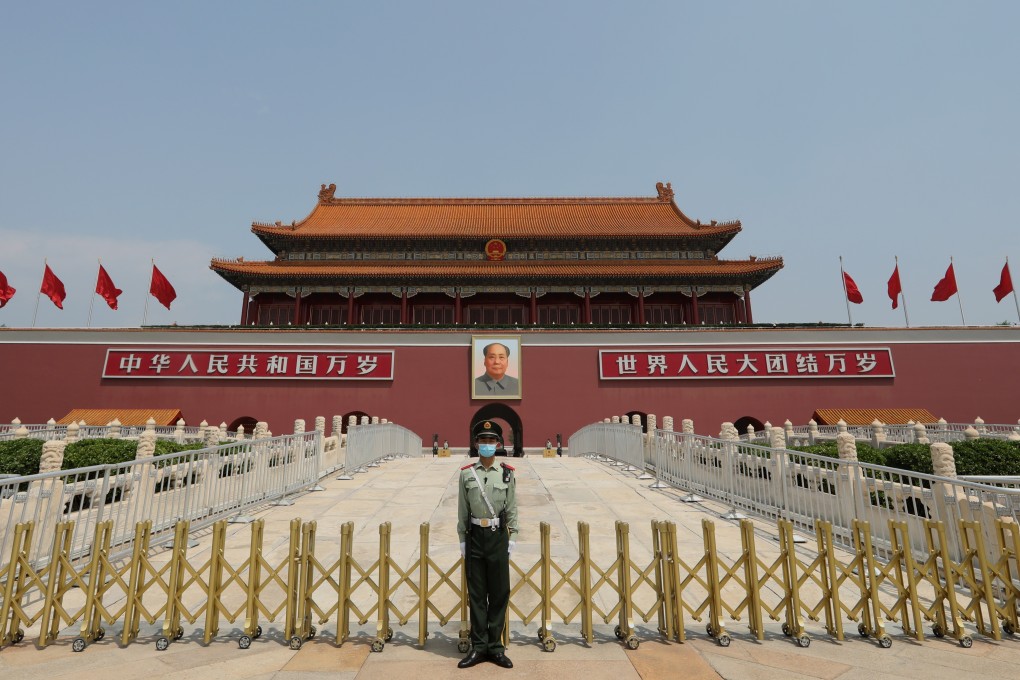Advertisement
Opinion | What lies behind Beijing’s imposition of a national security law in Hong Kong? Fear, not arrogance
- China’s leaders are facing challenges on multiple fronts – from the economy to global criticism of their handling of Covid-19
- Beijing believes that another summer of protests in Hong Kong and what it perceives as hostile US activities in the city cannot be tolerated
Reading Time:3 minutes
Why you can trust SCMP

Many people believe that Beijing’s decision this week to introduce national security legislation for Hong Kong reflects a confident China that feels it has weathered Covid-19 and that, given the West’s distraction with its own virus crisis, now is the best time to act. I don’t see it that way.
Advertisement
Over the past few months, the Western media have reported on the bevy of dangers facing China. These are the same dangers that those who say China is acting out of a sense of confidence, even hubris, trumpet regularly as signs that the country is in trouble.
What are they? The economy is faltering, with 2019 marking the first major decline in gross domestic product in four decades, and many say it may not recover quickly. The virus may not have been eradicated – China just locked down 100 million people in the Northeast. Unemployment is rising – the National Bureau of Statistics reported that youth unemployment was 13.8 per cent in April.
There is a big backlash against China for the way it handled the virus when it began to spread. Even in China, some have called for the central government to publicly explain the official response to the virus in the first 20 days after it was detected in late December. Also, supply chains may be moving their end point out of China, taking more jobs with them.
On May 22, in an unprecedented move, Premier Li Keqiang did not set a target for this year’s GDP growth in his work report to the National People’s Congress. Does that reflect confidence in the near future?

02:18
Two Sessions 2020: China sets no GDP target for first time, defence spending growth slows
Two Sessions 2020: China sets no GDP target for first time, defence spending growth slows
Many observers highlight the problems in China’s foreign policy as well. President Xi Jinping’s pet foreign policy project, the Belt and Road Initiative, has run into trouble, China’s Africa policy is in shambles, and relations with the European Union are at a nadir. Tsai Ing-wen, seen by Beijing as a separatist, was just inaugurated as president of Taiwan for a second term.

Advertisement
